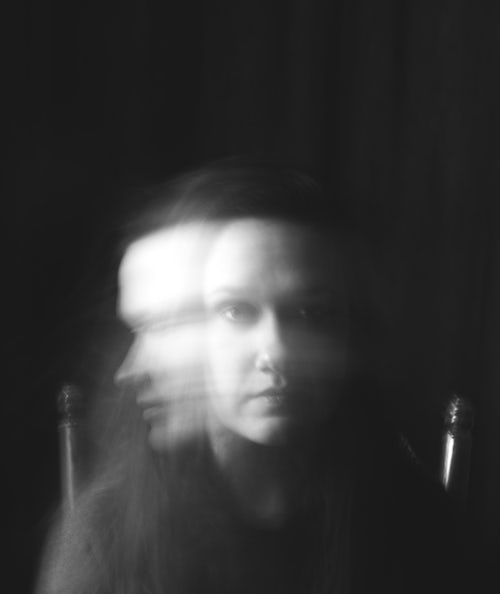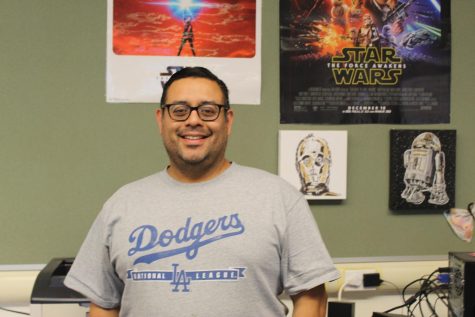Bipolar Disorder: Two Sides to the Same Coin
Mental Illness Awareness Week takes place October 7th to October 13th. With the increasing number of people suffering from mental illnesses, it is important to raise awareness to encourage more people to seek help. Mental illnesses usually have negative misconceptions. One of these is bipolar disorder. Bipolar disorder does not define a person nor does it affect a person’s ability to have a good life. Although there is not cure for this disorder, people with bipolar disorder are able to control their condition. Bipolar disorder affects many people all around the world. Despite what many believe, bipolar disorder is not a rare condition. In fact, it is very common with a striking three million cases in the United States each year. The Child and Adolescent Bipolar Foundation has estimated that at least three quarters of a million (750,00) American children and teens may suffer from bipolar disorder; however, they are not diagnosed. It is important to raise awareness for mental illness to encourage those suffering with mental health to reach out for help.
This disorder can affect anyone. There is no exact cause for bipolar disorder. Many celebrities have reached out to say that they have been diagnosed with bipolar disorder. Beloved singers, actors, and writers have been known to struggle with the disorder. Demi Lovato, singer and actress, was diagnosed in 2010 after admitting herself into a clinic for addiction and self-harm. Demi Lovato has always been open about her mental health struggles, pushing her to advocate for mental health. She has taken the initiative to become the spokesperson for Be Vocal: Speak Up for Mental Health. It aims to encourage those struggling with mental illnesses to speak up and change the way others perceive mental illness. Demi Lovato told Women’s Health Magazine, “It’s possible to live well, feel well, and also find happiness with bipolar disorder or any other mental illness they’re struggling with.”
Bipolar disorder is a disorder that causes unusual shifts in mood, energy, and activity level. These shifts usually affect the victim’s ability to complete or carry out daily tasks. A person suffering from bipolar disorder typically undergoes mood shifts that range from manic episodes to depressive episodes.
To be diagnosed with bipolar disorder, one must have experienced at least one episode of mania or hypomania. An elevated mood of mania can cause a person to feel very “high” and “up.” This leads to high levels of energy and activity levels, thus causing difficulty sleeping. People having a manic episode may also speak quickly or feel as though their thoughts are racing faster than usual. In addition, they believe that they can do many things at once, causing them to partake in risky actions such as spending large amounts of money or have reckless sex. Hypomania is a less severe form of mania, meaning that the person with hypomania has less extreme mood swings.
A person with bipolar disorder also goes through a depressive episode where they feel down and empty with very little energy and low activity levels. Like in the manic episode, people having a depressive episode may also have trouble sleeping. They may also feel too tired and forget things. A person having a depressive episode may also contemplate suicide. People with bipolar disorder are more likely to seek help when they having a depressive episode than when they experience mania or hypomania.
There are some instances where the person with bipolar disorder feels both symptoms of a manic and depressive episode. The person may feel sad and empty while feeling energized. This is called an episode with mixed feelings.
There are four types or phases of bipolar disorder. These include:
Bipolar I Disorder: This is when the person has experienced one or more manic episodes. People diagnosed with Bipolar I Disorder experience episodes of both mania and depression. To be diagnosed with Bipolar I, the manic episodes must last at least 7 days or be so severe that the person needs urgent hospital care.
Bipolar II Disorder: A person diagnosed with Bipolar II Disorder may experience a full depressive episode but never a “full” manic episode; however, they may experience hypomania.
Cyclothymic Disorder: This can also be called cyclothymia. It is when a person experiences hypomania and mild depression chronically. They may have brief (usually less than eight weeks) periods of normal mood.
“Other specified” or “unspecified”: The person does not meet the criteria for the other three types but still experience significant abnormal mood elevation.
If you are, or are experiencing bipolar disorder, thoughts of suicide, or other mental disorders, please call the National Suicide Prevention Lifeline at 1-800-273-TALK (8225). It is available 24 hours a day everyday and are confidential.
Your donation will support the student journalists of Anaheim High School. Your contribution will allow us to purchase equipment and cover our annual website hosting costs.

Melanie Cervantes creció en Anaheim, California. Ella tiene dieciséis años y cursa su último año en Anaheim High School. Ha sido parte del Dual...






